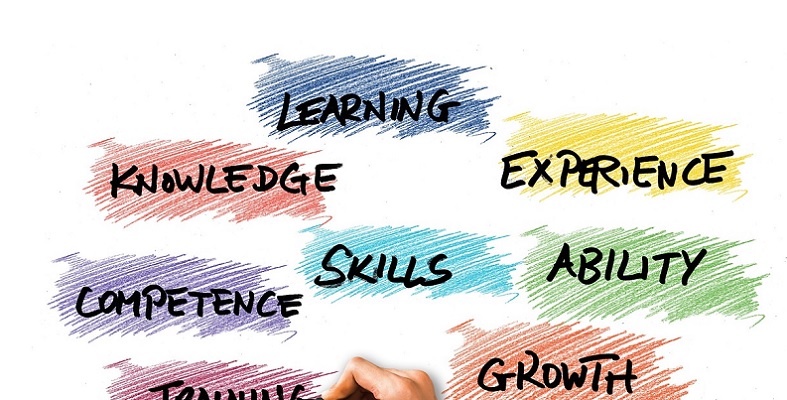
There are two words we use in assessment. The first word is skills, the second is competencies. Quite often we say competencies and skills are used interchangeably. But there is a slight difference. Skills refers to the relevant knowledge and experience needed to perform a specific task or a job.Competencies are slightly above that and refer to not just skills but also knowledge, attitude and mindset. That apart it includes various soft skills associated with various fields of learning, work or ...
SUBMIT REVIEW
Please email us: editor.rajagirimedia@gmail.com